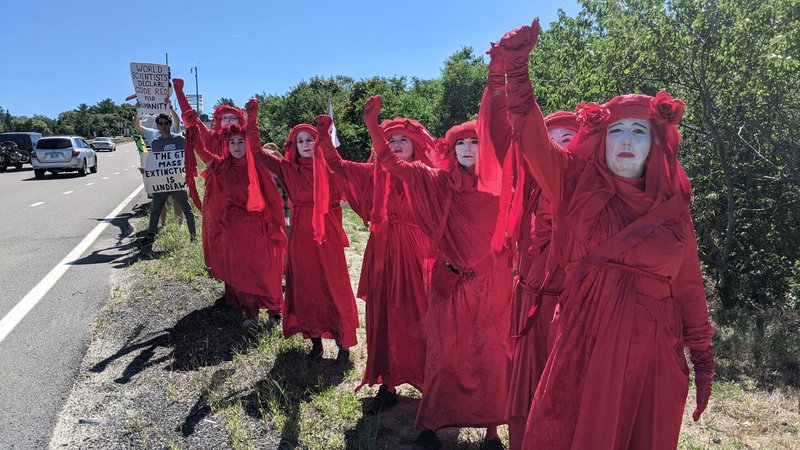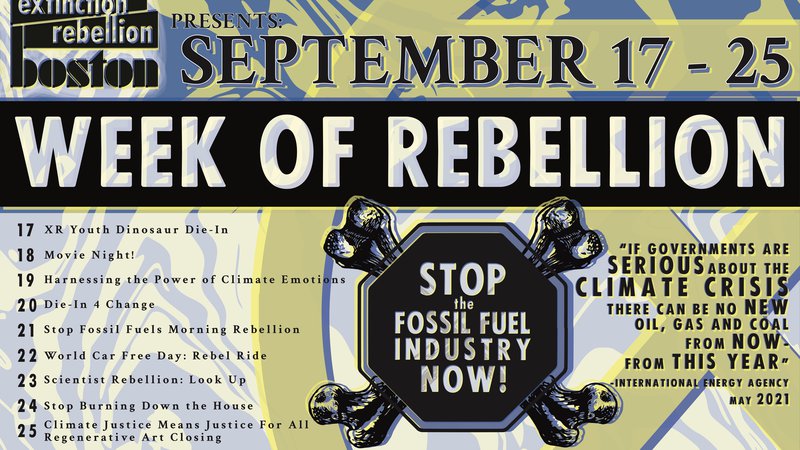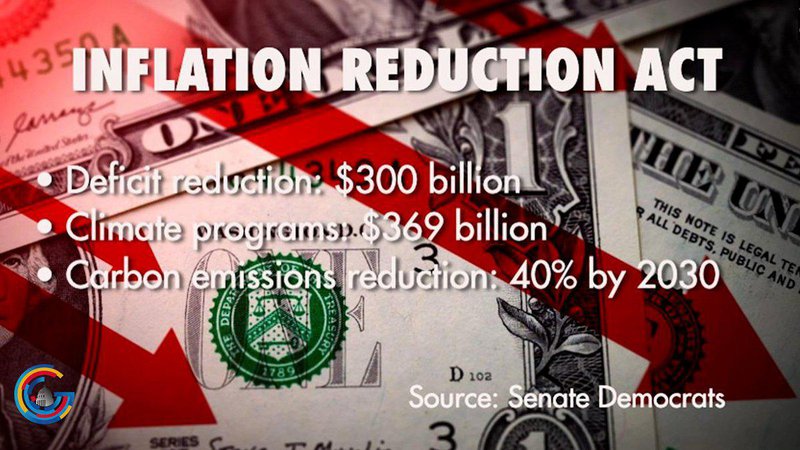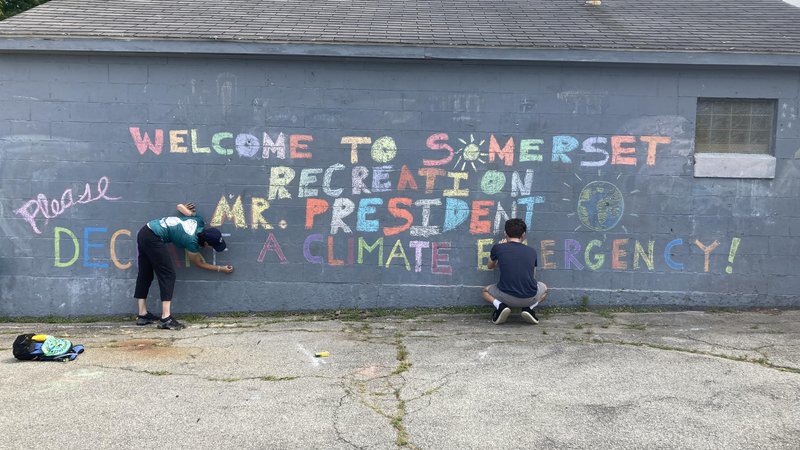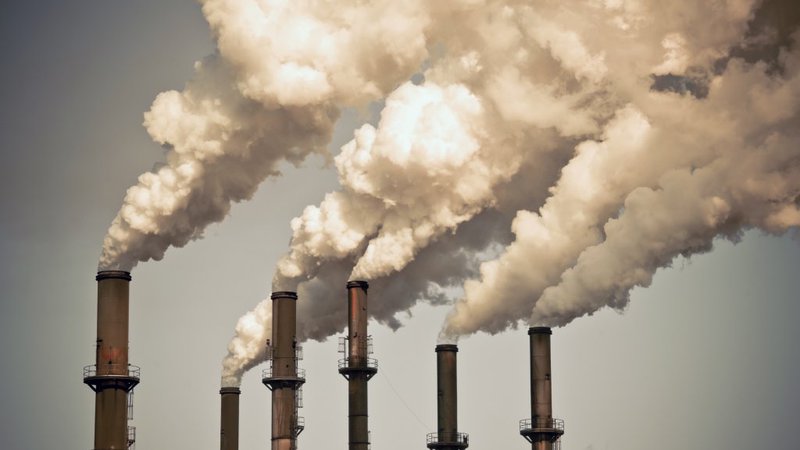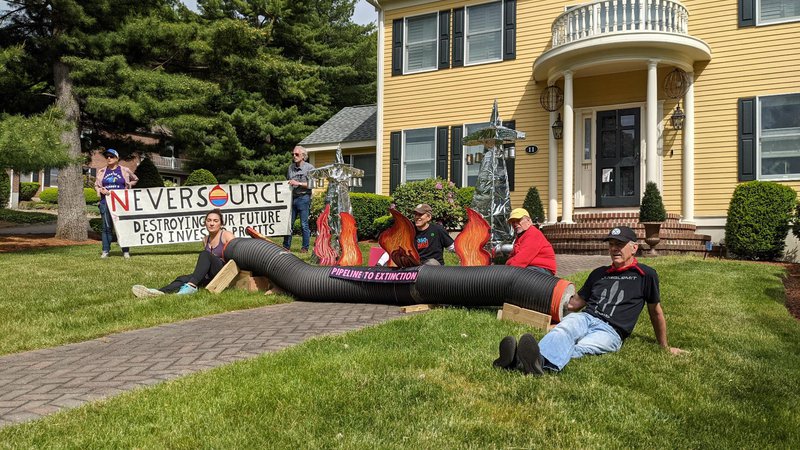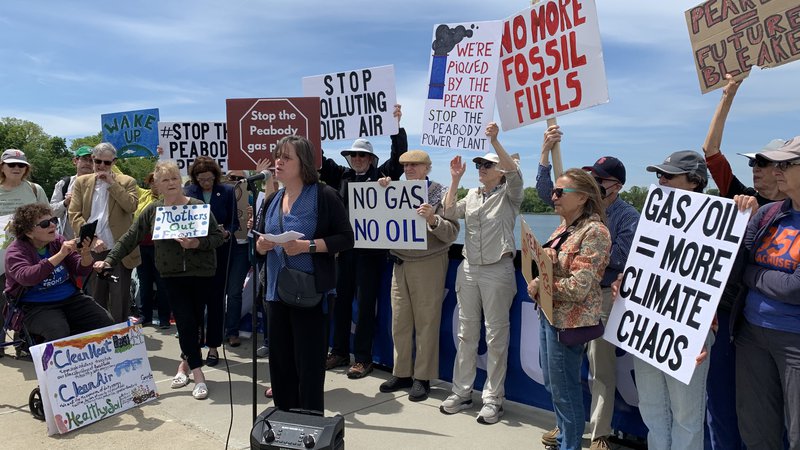
Celebrity culture, consumerism, and the climate crisis
The entertainment industry in America and around the world - pop stars, models, athletes, actors and actresses - are adored and idolized while simultaneously being some of the main beneficiaries of the capitalist system that created and continues to fuel the climate and ecological crises.
The industry has a lot of money, and individually, many big-name entertainers own mansions, several cars, private planes, and advertise for corporations that aren't environmentally friendly. It's well known by researchers that income is closely tied with excessive carbon emissions.
Unfortunately, the addictive high consumption lifestyles many entertainers live is followed and mirrored as what being a successful and happy American/person means. The industry creates unrealistic and unattainable standards of beauty and lifestyle that leave many feeling that we need to chase a higher level of external perfection, whether it's with our bodies through obsessive exercise and plastic surgery, what we own, what we wear, where we live, or what type of car we drive. This drives a collective mindset of consumption and the need to reach these material goals in order to hold value and receive social acceptance based on the criteria set by dominant culture.
As a society, we need to decouple the belief that extraneous ownership of things, and high carbon footprint living, equates with happiness and success. Or, especially for females, that we need to attain the more superficial pursuits of buying more clothing, makeup, or hypersexualize ourselves in order to receive social validation, while our inner pursuit for art, education, human connection, movement, and other "free soul-foods'' are put on the back burner. Advertising is designed to make consumers feel feel insecure, and only through buying their product will security be obtained.
We need to collectively change what we value and how we measure success if we want to succeed at mitigating the climate and ecological crises. The reality is that we cannot sustain the same level of consumption even if we switch the grid entirely to renewables. The destruction of natural habitats to create an endless stream of unnecessary products for our capitalist system is a bigger driver of the sixth mass extinction than rising temps.
A lot of celebrities are charitable and give money to worthy causes, but this can, at times, feel hypocritical, performative, and counterintuitive since they are the main beneficiaries of the capitalist system that has created these structures of gross inequity, injustice, and driving ecological collapse. While they reach a large audience, their activism doesn't often affect the political landscape enough to effect policy and at times has detracted from the voices and leadership of marginalized populations and more educated activists and organizations whose daily lives are devoted to the cause.
This isn't dissimilar to richer white climate activists grappling with using their privilege responsibly while simultaneously being disconnected from the lived reality of the people they work to benefit: brown, black, indigenous populations, the working poor, and disenfranchised populations in the global south. It's unfortunate that the power to change the system and protect those who did the least harm, lies mainly with the populations that benefit and cause the most harm. It's easy for people in superior positions to be well-intended but cause harm to the people and communities that they are trying to help and inadvertantly continue on systems of power and oppression.
Celebrity activism has, in some cases, caused harm to the communities they are trying to protect. An example is celebrities who have expressed horror at trophy hunting, but their moral outrage has distracted from the facts and the complexity of the situation. Scientists and those whose lives who are directly effected have felt ignored and overshadowed and feel that celebrity activism is undermining global conservation efforts. This begs to question, outside of donating to larger organizations and raising general awareness, should celebrity activism be curbed in order to prevent the spread of misinformation, oversimplification of complex socioeconomic issues, and distracting from the voices of experts and people in frontline communities?
Entertainers fill a need and offer an important service, but it is necessary that as a society we reconsider our monetary and emotional support of industries that create and fuel gross class inequity, whose voices within society hold the most power, and the idea that celebrity lifestyles, fueled by material excess, are the ultimate manifestation of the "American dream" and lead to a happy fulfilled life.
The doughnut economic theory, in practice, would meet each individual's basic needs and create social equity and justice, while staying within planetary boundaries, in order to avert climate, ecological, and ultimately social collapse. This is the type of modest simplistic lifestyle that we need to begin to idolize instead of what industry sells: the endless insatiable pursuit of more, bigger, newer, shinier, and better.
Related Stories:
Featured:
-
The third annual Week of Rebellion is full of opportunities for celebration and action!
-
Our government had the opportunity to finally turn our state into a "climate leader," and they decided yet again to prioritize profits and political posturing over the well-being of residents.
-
Prominent climate scientists and activists demand immediate climate action in the United States.
-
Stop the Fossil Fuel Industry, Now: List of events for Extinction Rebellion Boston's September week of rebellion
-
A compilation of books, movies, articles, and ways to take action to protect Black lives
-
Nadia Colburn, PhD and member of Extinction Rebellion Media team, discusses how to talk about the climate and ecological crisis with family and friends.
Upcoming Events:
-
Sat Jan 31st @ 10 a.m.
-
Mon Feb 2nd @ 6:30 p.m.
-
Tue Feb 3rd @ 6:30 p.m.
